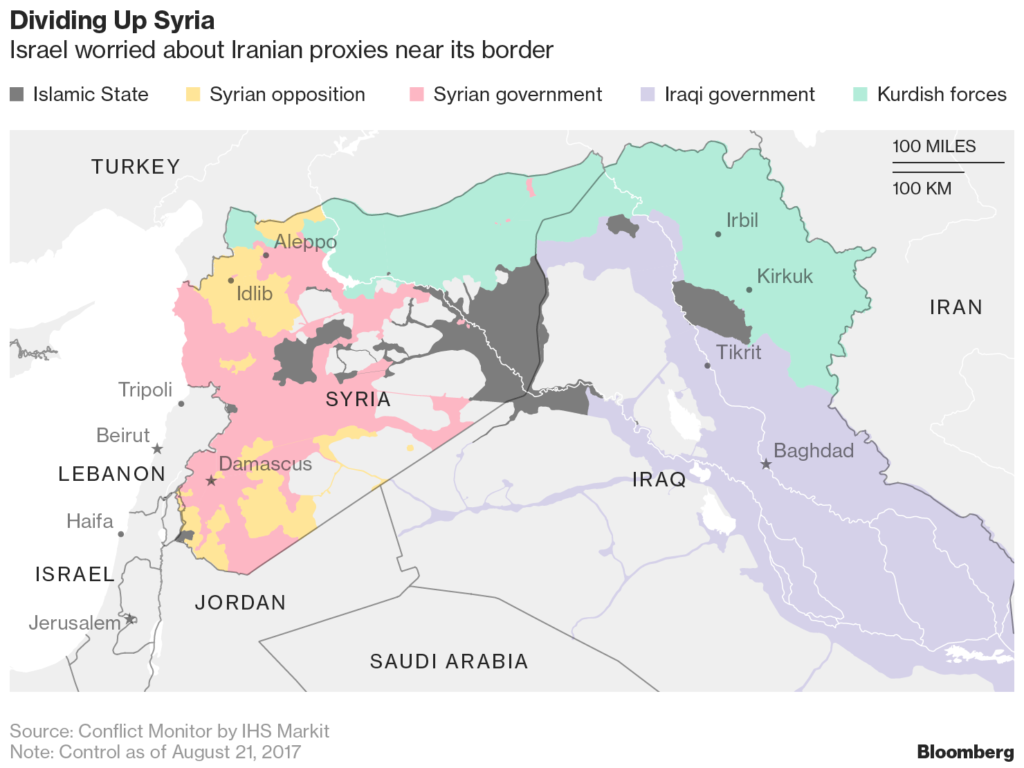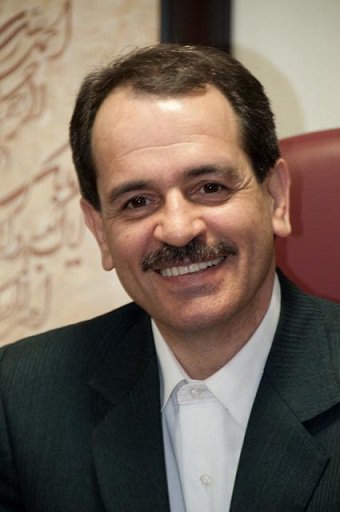September 01, 2017

An Iraqi militia group backed by Iran says the American military bombed its troops inside Iraq last month, which would be a huge expansion of the US role in the Middle East. But the Americans deny ever attacking the militia, the Pasdaran said the same thing and Daesh has announced that it attacked the group.
The Sayyid al-Shuhada Brigade, an armed faction of Iraq’s Popular Mobilization Units (PMU), which are funded and trained by Iran, came under attack August 7. In a strongly worded statement the same day, the group accused US forces of attacking their positions in western Iraq and vowed to avenge the casualties.
The statement said US forces had heavily bombed the brigade positions on and near the border, “killing and wounding many of our forces.” The group called for “an urgent meeting of leaders of the Islamic resistance factions in Iraq to consider an appropriate response.”
Denials came from many quarters.
On August 8, the Iraqi Joint Operations Command denied any attack on PMU positions in the area and stressed, “Incidents reported by the media occurred outside the Iraqi border.”
Coalition spokesman US Army Col. Ryan Dillon stated via his official Twitter account, “Allegations of #coalition strikes vs. Popular Mobilization [Units] near #Iraq-#Syria border are INACCURATE. No coalition strikes there [that day].”
Even the leadership of the wider PMU issued a statement the next day echoing the coalition’s denial.
The Islamic State (Daesh) claimed responsibility for the attack, publishing footage of the ambush showing the flag of the Sayyid al-Shuhada Brigades. This was the attack on which the Islamic State said it captured and beheaded Mohsen Hajaji, a Pasdar adviser assigned to the Iraqi militia group.
In contrast to what the Sayyid al-Shuhada Brigade claimed, the Pasdar deputy commander-in-chief, Brig. Gen. Hossain Salami, said in an August 14 TV interview that the attack had taken place on Syrian territory, not in Iraq, and was carried out by the IS, not the US.
“Martyr Hajaji was with other fighters in their headquarters in an area between al-Tanf and Abu Kamal, which was targeted by IS terrorist forces using several car bombs. At the same time, an offensive force managed to circumvent the headquarters and ambush the fighters,” Salami said.
Al-Monitor said the recent attack on the Sayyid al-Shuhada Brigade showed how tenuous the Shiite factions’ hold is, positioned in a narrow corridor north of al-Tanf with insufficient logistical support and a lack of aerial cover and artillery support in an open desert.
A source in the Iraqi army told Al-Monitor, “The Hezbollah Brigades and Asaib Ahl al-Haq [another Iraqi Shiite faction close to Iran] tried to find a corridor to connect the Shiite factions from both the Syrian and Iraqi sides, but could not do so in the absence of support, aerial cover or even armored vehicles from the Iraqi forces.”























